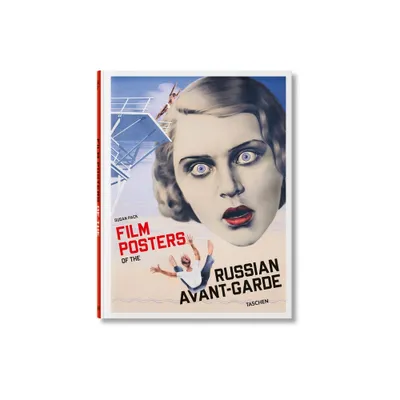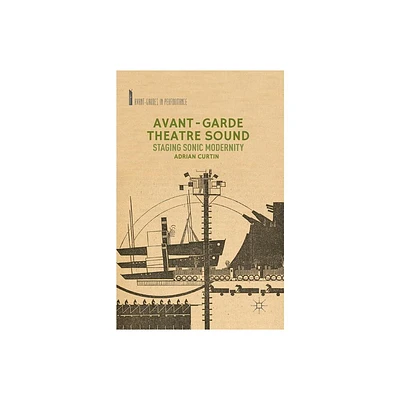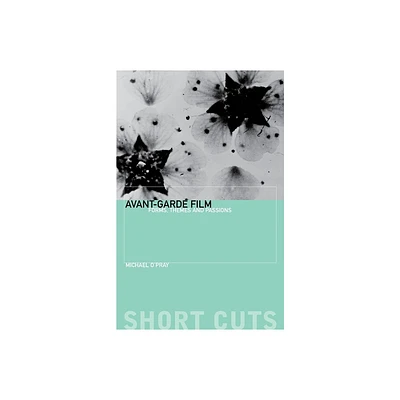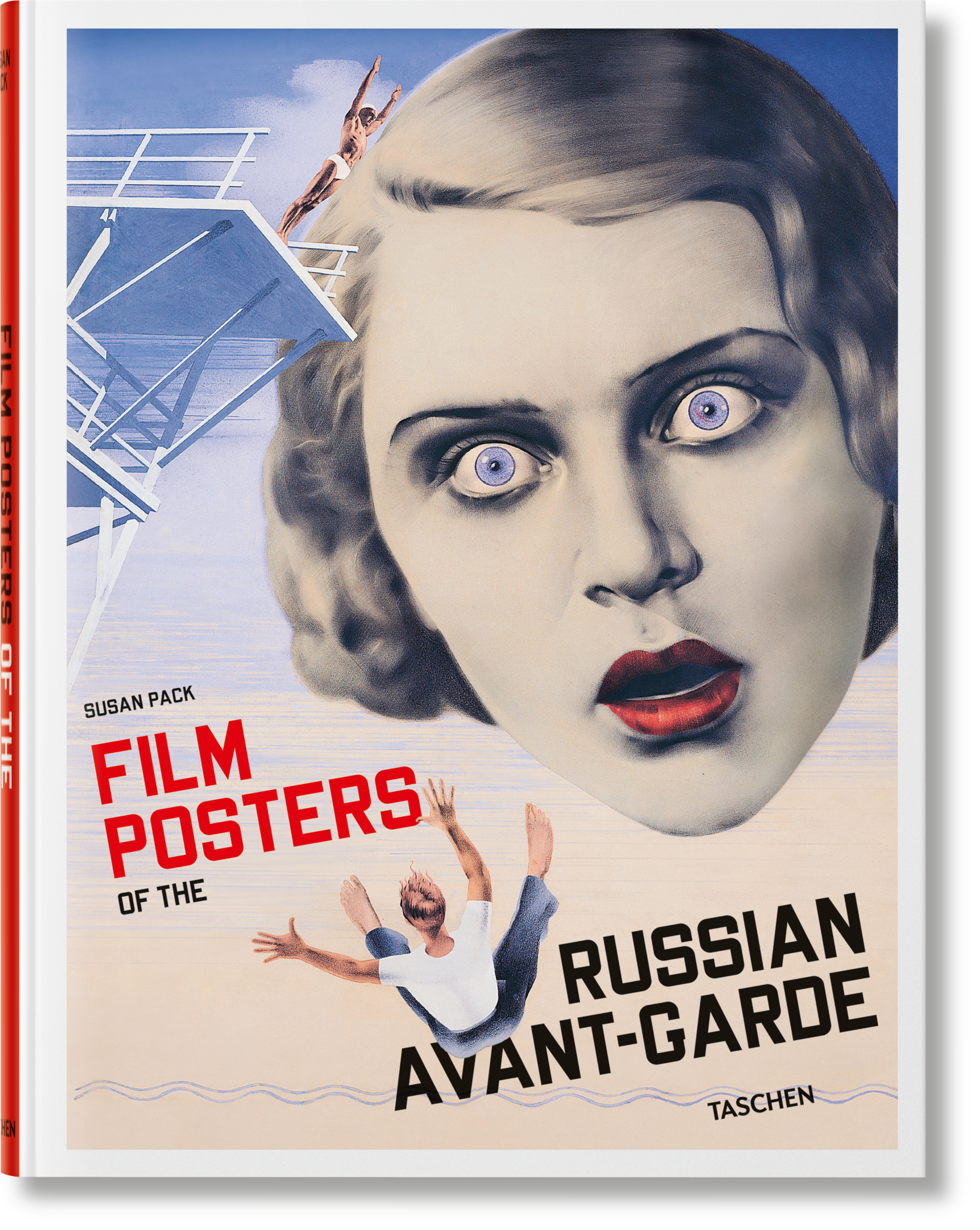Home
Through The Looking Glass: John Cage and Avant-Garde Film
Loading Inventory...
Barnes and Noble
Through The Looking Glass: John Cage and Avant-Garde Film
Current price: $51.00


Barnes and Noble
Through The Looking Glass: John Cage and Avant-Garde Film
Current price: $51.00
Loading Inventory...
Size: Paperback
*Product Information may vary - to confirm product availability, pricing, and additional information please contact Barnes and Noble
Through the Looking Glass
examines John Cage's interactions and collaborations with avant-garde and experimental filmmakers, and in turn seeks out the implications of the audiovisual experience for the overall aesthetic surrounding Cage's career. As the commercially dominant media form in the twentieth century, cinema transformed the way listeners were introduced to and consumed music. Cage's quest to redefine music, intentionality, and expression reflect the similar transformation of music within the larger audiovisual experience of sound film. This volume examines key moments in Cage's career where cinema either informed or transformed his position on the nature of sound, music, expression, and the ontology of the musical artwork. The examples point to moments of rupture within Cage's own consideration of the musical artwork, pointing to newfound collision points that have a significant and heretofore unacknowledged role in Cage's notions of the audiovisual experience and the medium-specific ontology of a work of art.
examines John Cage's interactions and collaborations with avant-garde and experimental filmmakers, and in turn seeks out the implications of the audiovisual experience for the overall aesthetic surrounding Cage's career. As the commercially dominant media form in the twentieth century, cinema transformed the way listeners were introduced to and consumed music. Cage's quest to redefine music, intentionality, and expression reflect the similar transformation of music within the larger audiovisual experience of sound film. This volume examines key moments in Cage's career where cinema either informed or transformed his position on the nature of sound, music, expression, and the ontology of the musical artwork. The examples point to moments of rupture within Cage's own consideration of the musical artwork, pointing to newfound collision points that have a significant and heretofore unacknowledged role in Cage's notions of the audiovisual experience and the medium-specific ontology of a work of art.


















